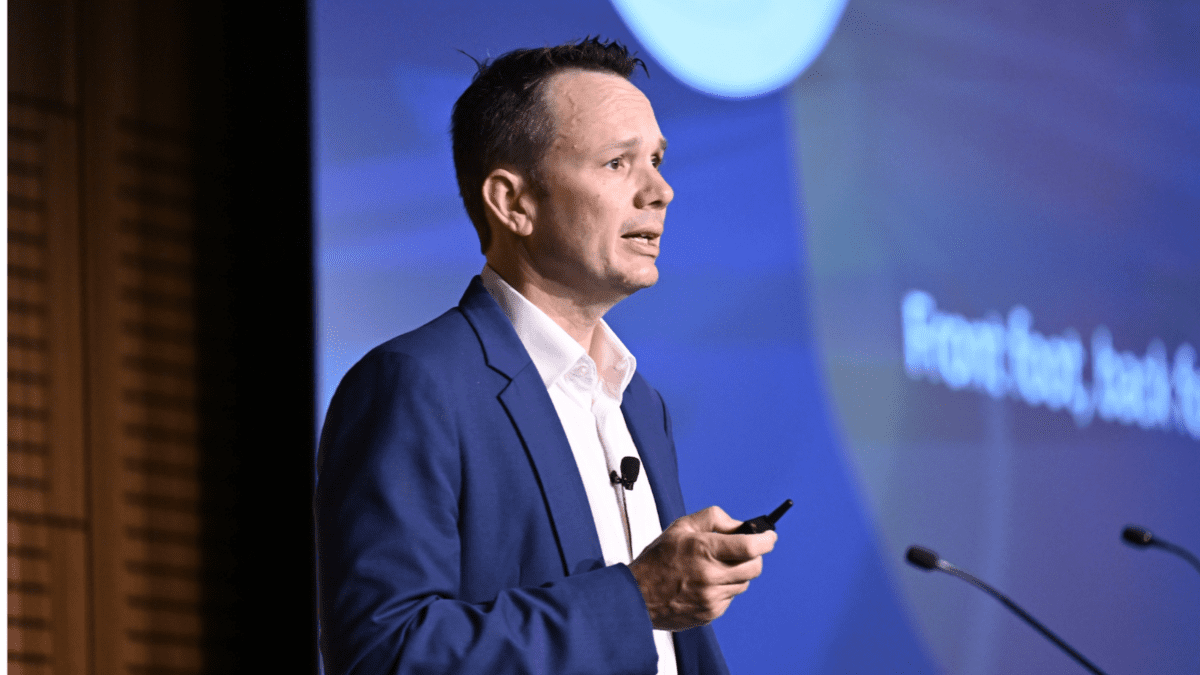Affordability drives discussion, but it isn’t the right question
The long-lasting implications of the Hayne Royal Commission have been felt heavily across the advice industry, to the point that more than one third of registered advisers have left since the release of the final report.
With the resultant burden of additional compliance paperwork and poorly executed disclosure requirements, the trend has been for many financial advisers to refocus on those clients they could service most profitably, while also adding significant value.
An unexpected outcome of this has been the ‘refreshing’ of client books, with higher margin and more wealthy clients preferred over lower balances or those requiring complex financial advice. There are suggestions that the post-Hayne compliance framework has made financial advice unaffordable for the bulk of the population, but is this truly the case?
In a survey of financial advisory firms, Adviser Ratings released a now much-publicised data set that stated the median cost of financial advice was $3,256 per year on an ongoing basis. Importantly, this is only the fee paid to the financial adviser for ‘advice’, not investment management or MERs that are paid to fund managers and super funds.
This median figure has no real meaning without context; it could be seen as high or low depending on the amount of assets being managed or services provided.
In my experience, most advice firms are charging rates of around 0.6 to 0.8 per cent of assets under management, with many opting for more efficient fixed fee pricing models which come with an agreed level of service. By comparison, the majority of super funds charged in excess of this solely for the provision of investment management services.
In the majority of instances, the cost of financial advice is substantially outweighed by both the financial and emotional benefits it provides. For instance, when an adviser recommends a lower cost superannuation fund, adjusts for excess insurance, or assists with the refinancing of a mortgage this can save large amounts over long periods of time. Additionally, one of the most powerful roles of an adviser is the ability to assist clients in minimising mistakes, whether that be diving into crypto, small cap stocks or too good to be true investments.
So how does advice compare to other industries? Without picking on the real estate sector, it seems the average agent receives a commission of around 1.5 to 2 per cent of the purchase price of a house in return for making a market and bringing buyers together. With the median house now around $1 million, this is a not insignificant amount to pay.
For an annual fee of $3,256, or even 0.8 per cent of the same $1 million investment, financial advisers provide what can be generational opportunities. A financial plan or statement of advice provides a guide for decision making for years and decades to come, and in many cases comes for a fee as low as $3,000. This platform and decision-making framework, not to mention the regular reviews of progress, are invaluable in the investment journey, particularly at a time that financial literacy remains low.
The question, in my view, isn’t what is affordable. It’s this: what price should we be willing to pay for long-term financial security?
While challenged by many, the Quality of Advice interim review proposal highlighted this point, with the aim clearly being to allow advisers to go back to advice and not seek to compete with product providers on providing lower benefit, scaled advice.
Sounds good to me.











